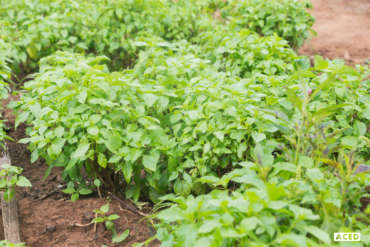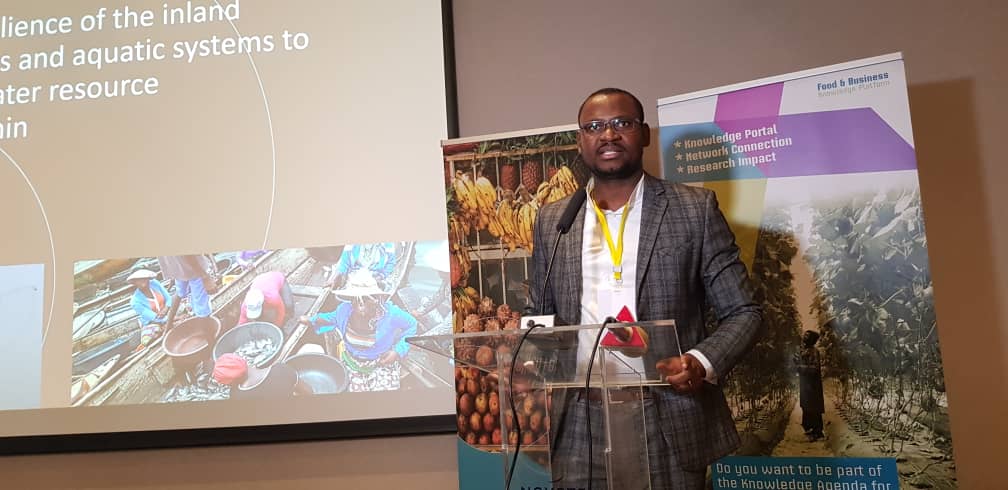Access to locally-produced, healthy vegetables is also increasingly challenging for people living in urban areas of Benin, where the rising levels of ‘urban-poor’ – and poor female-headed households in particular – are unable to afford nutritious diets. To enhance food security in Benin’s fast-growing cities, ACED launched a research initiative in 2016 around allotment gardens in coordination with the Amsterdam Centre for World Food Studies of the Vrije Universiteit Amsterdam, and the Faculty of Agricultural Sciences at the University of Abomey-Calavi.
The initiative created a framework for the development of urban allotment gardens to provide poor urban dwellers, and especially women, with an opportunity to produce and access fresh, healthy food, as well as additional income. A randomized control trial was implemented – the most rigorous of impact assessment methods – to measure the effects.
Two allotment gardens have been established in the cities of Abomey-Calavi and Porto-Novo with funding from the Global Challenges Program of the Netherlands Organization for Scientific Research. Forty participants from vulnerable households have been provided with gardening equipment and training to produce enough vegetables for both home consumption and income generation. A review of their earnings and food security indicators show that these gardens can generate around €6,000 per hectare per year, and increase the consumption of healthy food and the number of days participants eat two or more nutritious meals.
“I don’t remember the last time I bought vegetables to cook at home. Indeed, since I started farming and harvesting on my plot, I regularly provide my household with vegetables. This has greatly reduced my food expenses and given me more autonomy at home,” says Adelaide Kounoukpevi, a participant of the allotment garden initiative.
Collective action
By collaborating with experienced local gardeners, the research programme was able to advise participants on the benefits of collective action to bulk buy their inputs in order to reduce costs, and jointly sell their vegetable produce to enhance bargaining power with potential buyers. Adopting the principles of collective action is expected to enable the participants to transition from an informal cooperation into a functional and genuine cooperative.
The initiative also aimed to advise government policy with the development of a site allocation tool to identify further suitable land for allotments, taking into account various factors such as the agronomic and biophysical conditions for vegetable growing, and socio-economic factors such as road accessibility, vicinity to markets and safety for women. Six publications have also been produced on the benefits and constraints faced by urban agriculture cooperatives, as well as on how policies can identify the urban poor, support the development of urban agriculture and allocate land for urban gardening.
This blog post emerged from the 10-year impact report of ACED. You can download the full report for more information.



